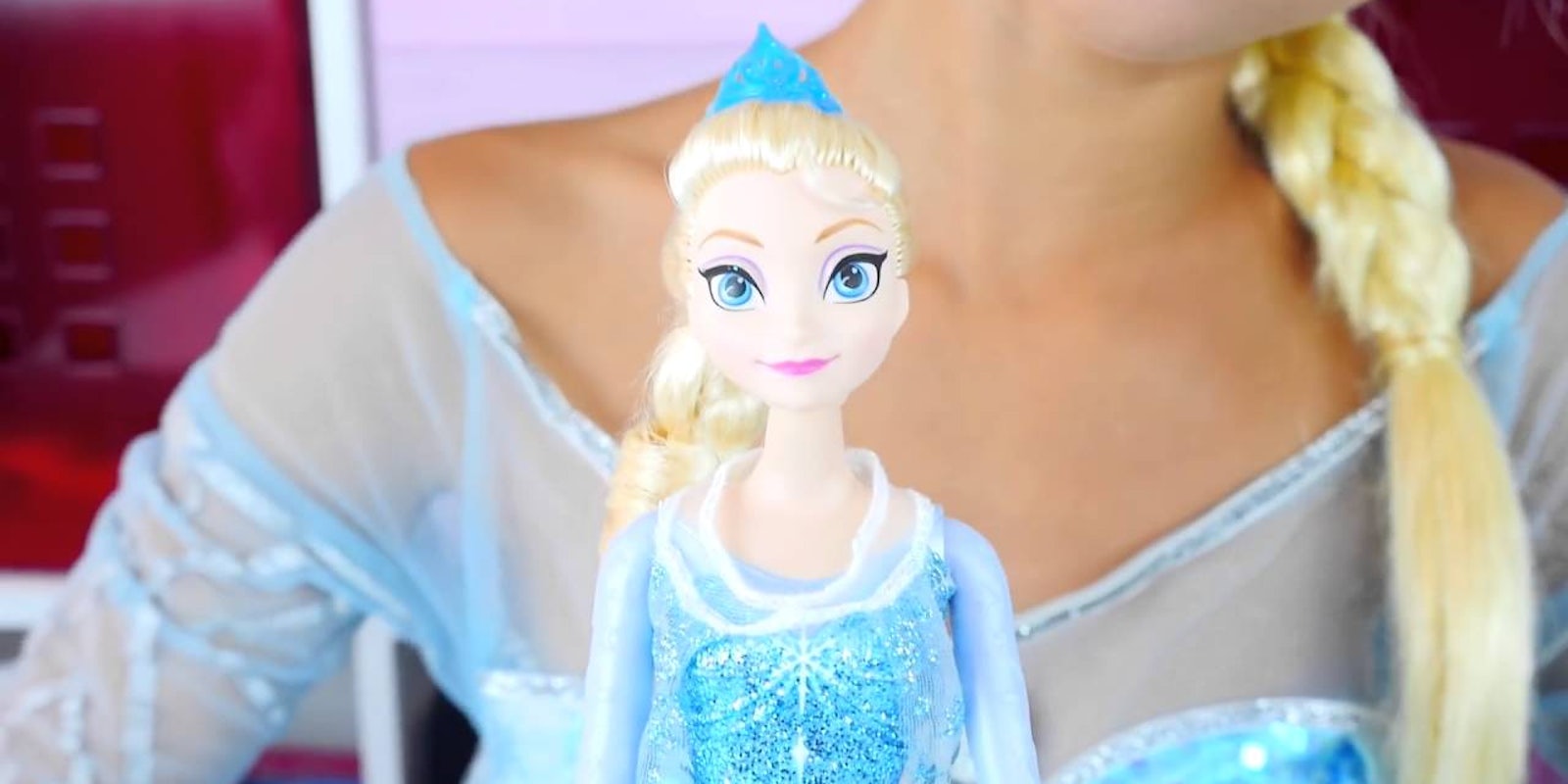Was the movie Gravity copied from a sci-fi novel about a female astronaut trapped onboard the International Space Station? Tess Gerritsen, author of a book called Gravity, thinks so—and she’s waging a legal battle with Gravity producers Warner Bros. to press her point.
This isn’t your typical case of a writer accusing a Hollywood studio of stealing her story. Gerritsen freely admits that she sold the rights to her novel to the studio; all she wants is for that contract to be honored.
Gerritsen is best known for her medical thrillers and the Rizzoli & Isles series, but she—and many of her fans—believe that the 2013 sci-fi movie Gravity ripped off her novel of the same name. Unsurprisingly, Warner Bros. claims that any similarities are purely coincidental, even though they also own the rights to Gerritsen’s book.
In 1999, Gerritsen published Gravity and sold the film rights to a production company called Katja, with the agreement that she would be paid $1 million up front, a $500,000 bonus when Katja made the film, and 2.5 % of the net profits after the movie came out.
Katja was then taken over by New Line Productions, and while New Line’s adaptation of Gravity never got past the screenplay stage, Gerritson later discovered that Alfonso Cuarón had been attached to the project. Cuarón, of course, went on to make the movie Gravity more than a decade later—all without crediting Gerritsen.
In a blog post last week, Gerritsen wrote, “While my film was in development, I re-wrote the third act of the film script with scenes of satellite debris destroying ISS and the lone surviving female astronaut adrift in her spacesuit.” Thus, while the premise of her original novel was somewhat different from the movie Gravity, her adapted screenplay bore a significant resemblance to the movie starring Sandra Bullock.
When the movie came out in 2013, it was presented as Cuarón’s own work, and Gerritsen felt she didn’t have the legal standing to accuse him (or the studio) of theft. But when she discovered that Cuarón had previously been chosen to adapt her novel, she considered this proof that Warner Bros. should have credited her work—and that she deserved that 2.5 percent cut.
U.S. District Judge Margaret Morrow threw out Gerritsen’s case last week, holding that Gerritsen lacked standing because Warner Bros. produced the film rather than Katja, the subsidiary company that originally bought the film rights from Gerritsen.
On her blog, Gerritsen described this decision as “alarming on many levels,” adding, “It means that any parent film company who acquires a studio, and also acquires that studio’s intellectual properties, can exploit those properties without having to acknowledge or compensate the original authors.”
Gerritsen plans to continue with the lawsuit. Meanwhile, her situation will no doubt lead plenty of bestselling authors to nervously call their own lawyers for advice.
Screengrab via Gravity/YouTube


